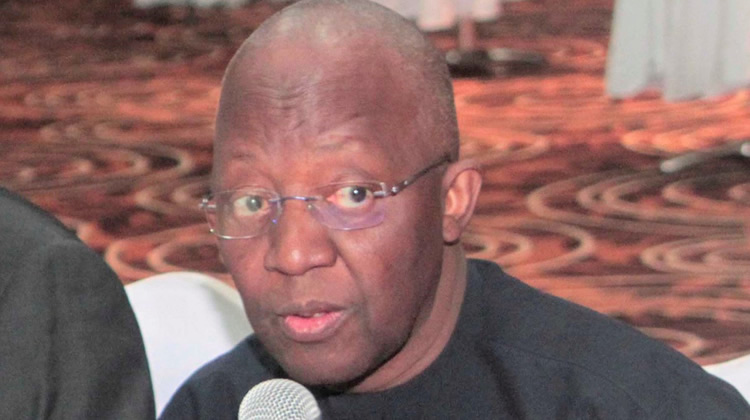The Nigerian Electricity Regulatory Commission (NERC) has recently published regulations outlining the procedures for electricity tariff reviews, aiming to address controversies surrounding potential tariff hikes. These regulations, rooted in the Electricity Act 2023, mandate NERC to establish fair tariffs that enable licensed operators to recoup reasonable costs and earn a fair return on their investments in providing electricity services. The Act underscores the importance of tariff regulation across all segments of the electricity supply industry, from generation to distribution and retail. The core principle is to ensure that efficient operators can recover their full costs and a reasonable return on investment.
To achieve this objective, NERC has adopted the Multi-Year Tariff Order (MYTO) methodology, a performance-based regulatory framework. MYTO establishes a cycle of major tariff reviews every five years, during which all underlying assumptions are thoroughly reassessed to guarantee the financial viability and operational efficiency of the electricity sector. This five-year cycle provides a predictable timeframe for adjustments, allowing operators to plan long-term investments and consumers to anticipate potential changes. The MYTO methodology is designed to balance the needs of both the industry and consumers, promoting stability and predictability in the electricity market.
The regulations stipulate a clear process for conducting major tariff reviews. One year prior to a review, NERC will issue a formal notice to all licensees, requiring them to submit applications for tariff adjustments. These applications must be supported by comprehensive documentation, including audited financial statements, budgets, investment plans aligned with performance improvement guidelines, and evidence of extensive consultations with customers regarding the proposed tariff changes. This requirement for public consultation is a key element of the process, ensuring transparency and allowing stakeholders to voice their concerns and perspectives.
Following the submission of applications, NERC will conduct an initial review and prepare a consultation paper within 90 days. This paper will outline the basis for the tariff review applications, including proposed capital investments, service improvements, new connections, loss reduction strategies, adjustments to tariff assumptions, and the potential impact on customer rates. The consultation paper will be published on NERC’s website and public notices will be issued, inviting stakeholders to submit their comments within a 21-day period. This transparent approach provides stakeholders with the opportunity to engage in the process and contribute to the final decision.
Subsequently, NERC will review all stakeholder comments within 90 days of publishing the consultation paper and schedule a Rate Case Hearing. This hearing serves as a platform for further discussion and deliberation, enabling stakeholders to present their perspectives and challenge the proposed tariff adjustments. All comments and observations received throughout the consultation process and the Rate Case Hearing will be thoroughly examined and considered in the development of a draft tariff order, ensuring that all voices are heard.
Finally, NERC will review and approve a Major Tariff Review Order within 30 days of the Rate Case Hearing. The approved tariff order will then be communicated to customers by each licensee through their respective websites and other communication channels. This final step completes the major tariff review process, marking the implementation of the adjusted tariffs.
In addition to the major five-year reviews, NERC also conducts minor or monthly tariff reviews. These adjustments consider fluctuations in generation fuel costs, Nigerian and United States inflation rates, the exchange rate between the US dollar and the naira, and average generation availability compared to the previous month. This allows for more frequent adjustments to reflect changing market conditions and ensure that tariffs accurately reflect the cost of providing electricity. Furthermore, NERC retains the discretion to conduct minor reviews at shorter intervals, not exceeding six months, providing flexibility to respond to dynamic market conditions.
The recent pronouncements by President Tinubu’s Special Adviser on Energy, Olu Verheijen, indicate that an electricity tariff review is anticipated within the next few months. Verheijen highlighted the substantial financial burden of the current electricity subsidy, estimated at over N200 billion monthly, and its disproportionate benefit to the wealthiest 25% of Nigerians. The government’s goal is to redirect the subsidy towards a more targeted system that effectively supports low-income households, thereby improving affordability and accessibility to electricity for a broader segment of the population. This reform aims to create a more equitable and sustainable electricity market.


